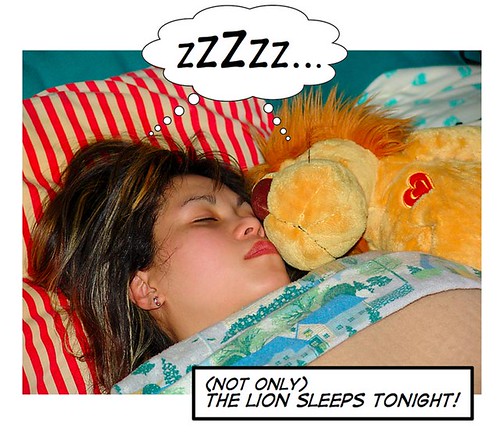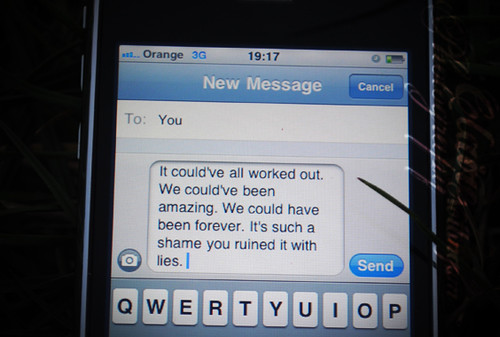Can I predict how happy you’ll be in the coming years by looking at your Facebook profile?
es the extent to which people are smiling in their Facebook photos predict future life satisfaction? In two longitudinal studies, the authors showed that smile intensity coded from a single Facebook profile photograph from male and female participants’ first semester at college was a robust predictor of self-reported life satisfaction 3.5 years later—as they were about to graduate from college. Controlling for first-semester life satisfaction, the authors also determined that smile intensity was a unique predictor of changes in life…
1 min read
Is your boss a narcissist?
re likely than not: These studies investigate whether individuals with high narcissism scores would be more likely to emerge as leaders during leaderless group discussions. The authors hypothesized that narcissists would emerge as group leaders. In three studies, participants completed personality questionnaires and engaged in four-person leaderless group discussions. Results from all three studies reveal a link between narcissism and leader emergence. Studies 1 and 2 further reveal that the power dimension of narcissism predicted reported leader emergence while controlling…
1 min read
We donate more when others can see how much we give
a Guilty Planet: Economist Adriaan Soetevent collected data from 30 different Baptist churches in the Netherlands. The churches usually use closed collection bags (left) but, for 29 weeks, half of the churches were randomly chosen to replace the closed bags with open baskets (right). With the baskets, neighbors can observe each other 's contributions and churchgoers can also see the total amount of money already donated. And: When baskets were used, the portion of small coins (up to 20 eurocent)…
1 min read
Are drunk people or sober people better eyewitnesses?
e Boston Globe summarizes the new study “Intoxicated Eyewitnesses: Better than Their Reputation?”: The public controversy over the recent execution of Troy Davis centered on the reliability of eyewitnesses. Indeed, a considerable amount of research suggests that even confident witnesses can be unreliable. However, a team of researchers has found the opposite, too: Supposedly unreliable witnesses can be quite reliable. People who were intoxicated with alcohol (at around the legal limit) witnessed a staged theft, overheard misinformation, and were subjected…
1 min read
How much can you tell about someone’s personality just by their appearance?
lot: Despite the crucial role of physical appearance in forming first impressions, little research has examined the accuracy of personality impressions based on appearance alone. This study examined the accuracy of observers’ impressions on 10 personality traits based on full-body photographs using criterion measures based on self and peer reports. When targets’ posture and expression were constrained (standardized condition), observers’ judgments were accurate for extraversion, self-esteem, and religiosity. When targets were photographed with a spontaneous pose and facial expression…
1 min read
Should you go back to bed?
ve posted before on how little sleep you can get away with: ...by the end of two weeks, the six-hour sleepers were as impaired as those who, in another Dinges study, had been sleep-deprived for 24 hours straight — the cognitive equivalent of being legally drunk. The best part was, if you asked them, they felt fine and didn't realize they were impaired (the same way drunk people respond to such questions, minus the slurring.) Why else is it important?…
1 min read
Should you be as nice as humanly possible to your doctor?
ctors take pain more seriously when they like the patient: This study examined the influence of patients’ likability on pain estimations made by observers. Patients’ likability was manipulated by means of an evaluative conditioning procedure: pictures of patients were combined with either positive, neutral, or negative personal traits. Next, videos of the patients were presented to 40 observers who rated the pain. Patients were expressing no, mild-, or high-intensity pain. Results indicated lower pain estimations as well as lower perceptual…
1 min read
Who do we tell the most lies to? How do we tell them?
tell the most lies to the people we feel closest to. An online diary study was performed to investigate deception across different media. One hundred and four individuals participated in the study, with 76 completing the diaries. Individuals were most likely to lie on the telephone. Planned lies, which participants also rated the most serious, were more likely told via SMS (short message service) text messaging. Most lies were told to people participants felt closest to. The feature-based model…
1 min read






